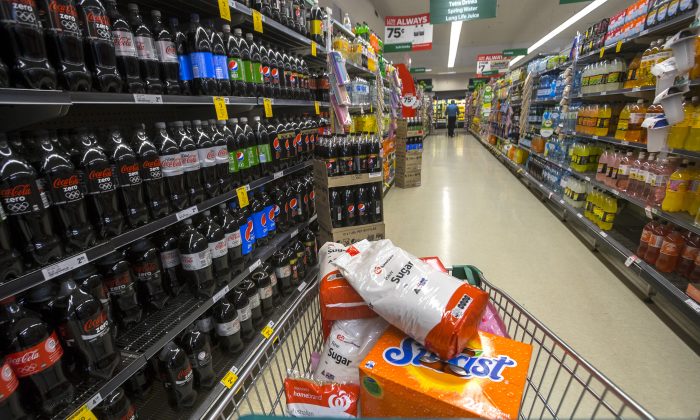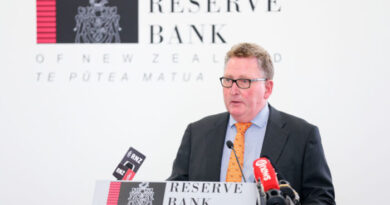Craving for a Sugar Tax to Combat Diabetes and Obesity
A parliamentary inquiry has suggested implementing a 20 percent tax on all sugar-sweetened beverages as a crucial step in addressing Australia’s diabetes crisis.
This inquiry, conducted over a year, put forth 23 recommendations focused on enhancing the government’s response to diabetes and obesity, the nation’s rapidly growing chronic diseases.
The committee, led by Labor MP Mike Freelander, aims to raise awareness of major risk factors like obesity to improve health outcomes for the 1.5 million Australians affected by diabetes.
Dr. Freelander emphasized the importance of improving access to new diabetes technology and life-saving medications for individuals with various forms of diabetes.
One key aspect of the proposed strategy is implementing a tax on all sugar-sweetened drinks, including soft drinks, energy drinks, sports drinks, and flavored mineral waters.
This tax would apply to sugar-sweetened drinks with added caloric sweeteners like sucrose or high-fructose corn syrup, but exclude diet drinks and alcoholic beverages.
The Parliamentary Budget Office anticipates that implementing the tax on sugary drinks starting July 1, 2025, could generate close to $1.4 billion in revenue over the subsequent two financial years.
However, the financial impact remains uncertain and depends heavily on customer and manufacturer reactions to the price hike.
Australians consume around 2.4 billion liters of sugary drinks annually, with an average 375ml soft drink can containing approximately 12 teaspoons of sugar.
The Australian Medical Association (AMA) strongly supports the tax, citing potential prevention of numerous diabetes cases and significant revenue generation for healthcare initiatives.
In contrast, some coalition committee members expressed doubts about the tax’s effectiveness, potential disproportionate impact on vulnerable communities, and feasibility.
Aside from the tax based on sugar content, the committee proposed various measures including economic analysis of diabetes costs, labeling reforms to denote added sugar content, regulating unhealthy food marketing to children, and expanding diabetes screening programs.
Type 2 diabetes, preventable and attributed largely to obesity, accounts for over 1.3 million cases in Australia, with a notable 32 percent increase in the last decade.
Implementing these recommendations could mark a significant change in combating diabetes, according to Diabetes Australia Group CEO Justine Cain.
Ensuring equitable access to diabetes healthcare through extended, subsidized appointments and telehealth services was also recommended by the committee.





